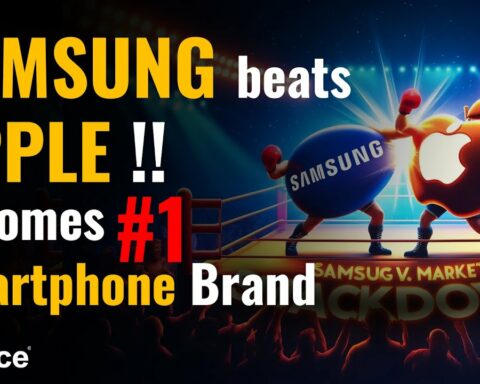 Mobile is a growing priority for marketers in Asia-Pacific, according to a recent study conducted by Warc for the Mobile Marketing Association in partnership with The Festival of Media Asia 2014. The results reveal that 90 per cent of brands and agencies predict a substantial rise in budgets for mobile marketing in the next 12 months.
Mobile is a growing priority for marketers in Asia-Pacific, according to a recent study conducted by Warc for the Mobile Marketing Association in partnership with The Festival of Media Asia 2014. The results reveal that 90 per cent of brands and agencies predict a substantial rise in budgets for mobile marketing in the next 12 months.
The snap-shot survey, conducted from July to August 2013, consulted with 336 client-side advertisers and marketing services agencies across 13 markets in Asia-Pacific, on their attitudes and adoption of mobile marketing.
Findings showed that brands are still struggling to develop formal mobile strategies, with only 10 per cent or less of marketing budgets currently being allocated to mobile. However a huge 90 per cent of respondents predicted that budgets would increase in the next year, with a third (34%) predicting an increase of up to 75 per cent.
While brands say they do not have a mobile strategy in play, there is a clear role that mobile plays at the centre of a well-integrated campaign. Marketers are therefore clear that more budgets need to be allocated to mobile as they experiment and figure out the most effective use for their customer engagement requirements,” said Edward Pank, Managing Director at Warc Asia Pacific.
Over the last six months since the first iteration of the survey, we are seeing a shift in attitude away from tapping mobile execution tactically to a more strategic imperative. We expect to see substantial growth in budget allocations as mobile becomes a key part of the overall marketing mix,” said Rohit Dadwal, Managing Director, Mobile Marketing Association Asia Pacific.
The survey also showed that 42 per cent of marketers’ believe that consumer concern over privacy and security is the biggest barrier holding the industry back, followed closely by the lack of required skill-sets (38%), and insufficient budgets (30%).
Dadwal added, “The concerns of privacy and security highlighted by the survey should not be overlooked. It’s imperative that the ecosystem help educate consumers on how their information is being collected and used. With this, consumers will be more open to mobile advertising that is targeted and relevant. The MMA has established guidelines on privacy for its members, also acting as an advocacy group to lobby for consumer protection practices to be put in place.
Among the study’s other findings:
The most innovative markets for mobile are Japan (39%), Singapore (38%), and China (37%). Taiwan (3%), Thailand (3%), and Vietnam (2%) were believed to be the least innovative markets.
30% of survey respondents consider Samsung the most innovative brand using mobile, followed by Coca-Cola (16%), Nike (10%), and Unilever (8%).
40 per cent of mobile marketers believe retail is the most innovative industry with regards to mobile.
Marketers said that in 2013/14 their most used channels would be app development and mobile display ads, but they predicted that in five years’ time mobile based social marketing, app development and mobile based content would be their most used channels.
The top three consumer behaviour trends fuelled by mobile were mobile payments (74%), multi-screening (67%), and show rooming (51%).
While 33% intend to use SMS marketing in 2013/14, only 11% said they plan to use it in five years.
Detailed survey findings can be downloaded from: www.warc.com/mmasurveyfindingspr







